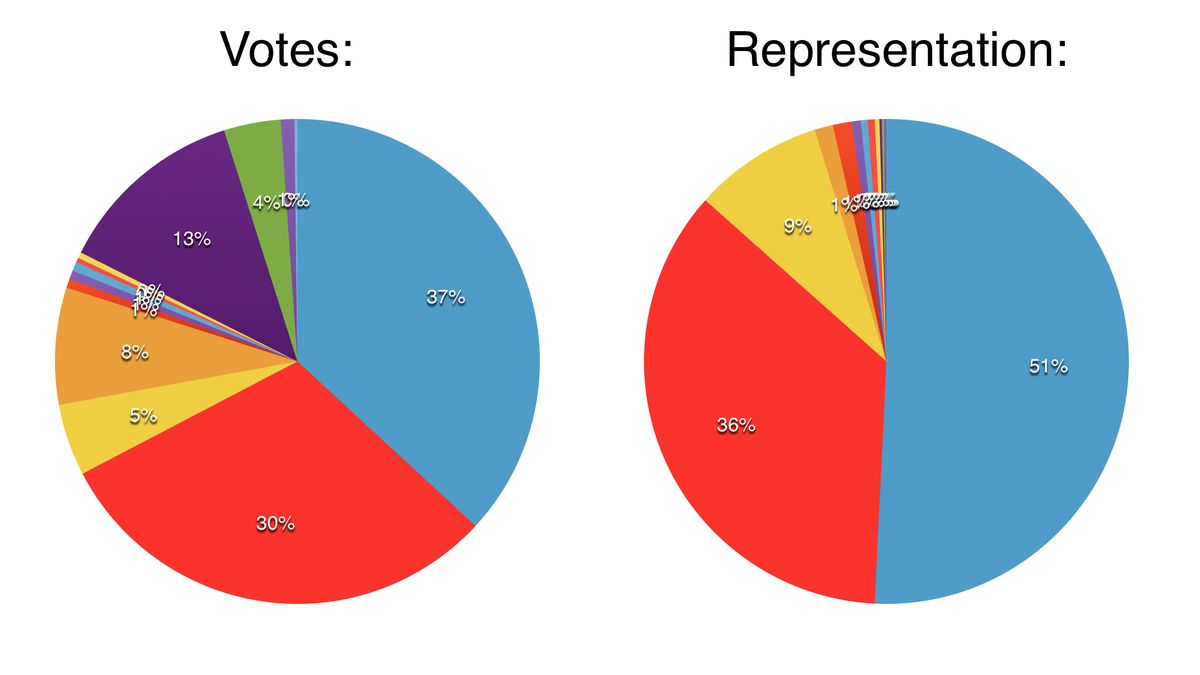I am finally getting around to posting a review for The Libertines 'Anthems for Doomed Youth.' I am a big big fan who has had moments of being absorbed by the whole Arcadian dream. This album was a dream that many of us never thought would come true but it did.
It has been 11 years since the last album was released. In the mean time there have been many side projects from the band members: Babyshambles, Dirty Pretty Things, Yeti, Peter solo, Carl solo, Carl Barat and The Jackals. These have all been great but none have managed to capture the magic of The Libertines.
There was a lot of scepticism when the band played their Hyde Park show last year. Many thought it would be a reunion like R&L 2010 which was, by all accounts, done for the money. But, just over a year later and there is a new album and a string of festivals under their belt. I saw The Libertines at Reading Festival this year. All the old stuff was great but mostly, I felt so happy hearing new music. Knowing about all that this band has been through, it is so heart-warming to hear them play together again and at least appear that they want to be there.
From start to finish, 'Anthems For Doomed Youth' sounds like The Libertines never went away. This album has libertines written all over it. There's incredible lyrics, catchy riffs, links to poetry and a lot of emotion.
The production of the album is brilliant. Every song sounds perfectly mixed. Getting Jake Gosling on board sounded like a strange move (he has formerly worked with the likes of Ed Sheeran and One Direction) but it has definitely paid off. One of the highlights of the production for me is 'You're My Waterloo.' A re-recording of an old Libertines demo, the new version of this song is incredibly beautiful and a bit of a tear jerker. The production of this album is all very clean and professional compared to their older stuff. Some older fans might not like this as much but it will definitely secure them a new generation of listeners.
Lyrically, the album is as brilliant as one would expect knowing Carl and Peter. A stand out lyric for me is in 'Belly of the Beast': "Back in London's grey scotch mist/staring up at my therapist/He says 'pound for pound, blow for blow/You're the most messed up motherfucker I know." Being aware of Carl's battles with depression, this is so honest, exactly what you would expect from The Libs. Of course we see historical and literary references littered throughout, most notably Cromwell and Orwell in the title track. 'Fame and Fortune' looks back at the band's journey and is definitely going to be a big sing along track at shows with the lyrics "to Camden we will crawl, one and all." 'Barbarians' is another track that will go down well at live shows and has one of my favourite lines on the album - "the world's fucked but it won't get me down."
My only issue with the album is the inclusion of the re-recordings of tracks from back in the day. I understand the decision to include them, a lot of fans have always wanted better recordings of them. For me though, I feel like the Legs 11 versions will always have something special about them and should have been left that way for new fans to discover.
The album we never really thought we would hear has finally emerged and as a long time fan, I can honestly say that it is wonderful. It is an incredible reflection of everything that is loved about The Libertines in a nicely polished package. This is sure to bring in a new load of fans and I am very excited to see what the band have in store for their upcoming arena tour.
Favourite Tracks: Dead For Love, You're My Waterloo, Heart of the Matter, Anthems For Doomed Youth
My only issue with the album is the inclusion of the re-recordings of tracks from back in the day. I understand the decision to include them, a lot of fans have always wanted better recordings of them. For me though, I feel like the Legs 11 versions will always have something special about them and should have been left that way for new fans to discover.
The album we never really thought we would hear has finally emerged and as a long time fan, I can honestly say that it is wonderful. It is an incredible reflection of everything that is loved about The Libertines in a nicely polished package. This is sure to bring in a new load of fans and I am very excited to see what the band have in store for their upcoming arena tour.
Favourite Tracks: Dead For Love, You're My Waterloo, Heart of the Matter, Anthems For Doomed Youth











